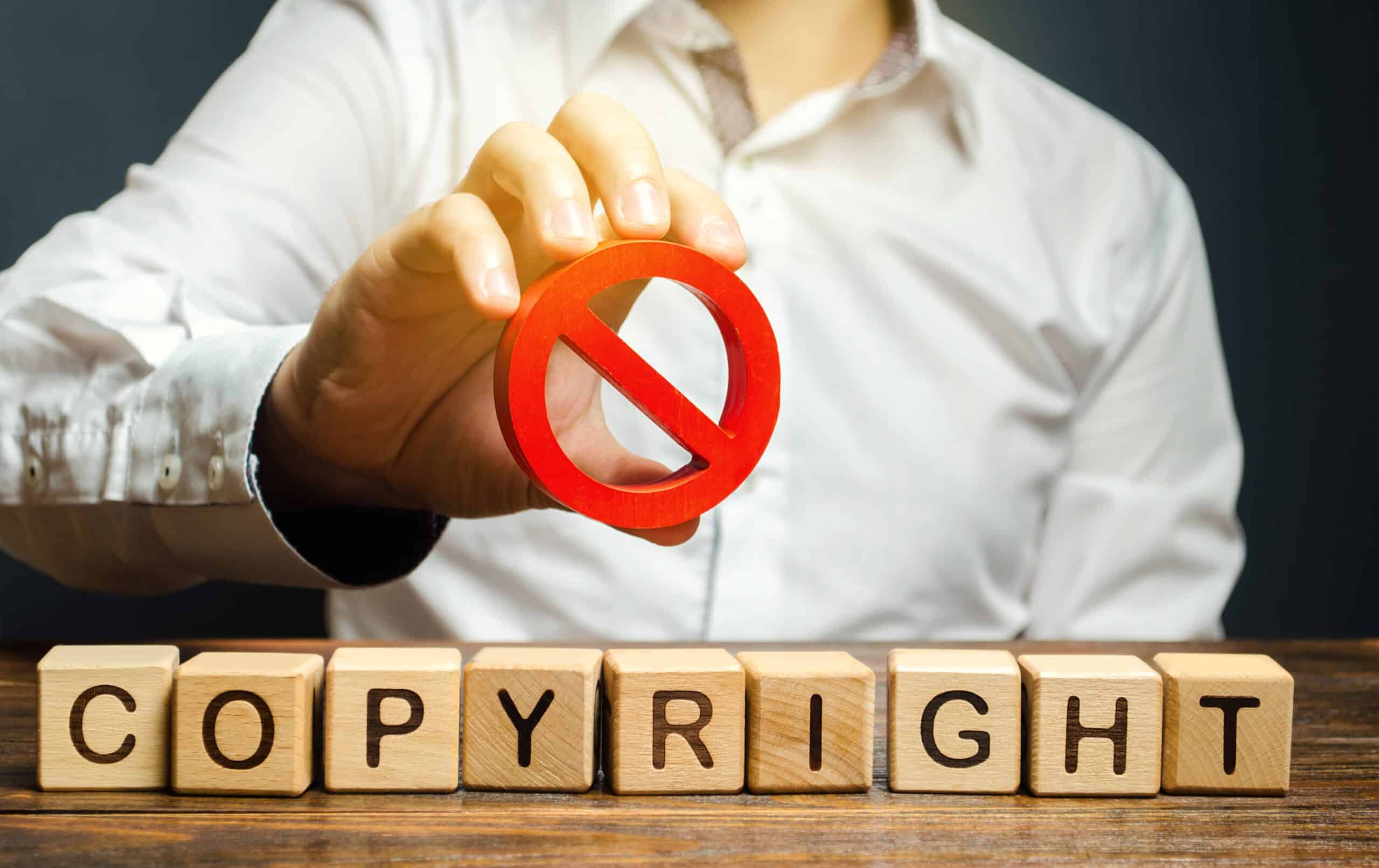There are many board games on the market today. These board games are unique works created by an author that copyright automatically attaches too. When registering your board game with the United States Copyright Office, you would file your board game under a literary work. “The Copyright Act defines “literary works” as “works, other than audiovisual works, expressed in words, numbers, or other verbal or numerical symbols or indicia, regardless of the nature of the material objects, such as books, periodicals, manuscripts, phonorecords, film, tapes, disks, or cards, in which they are embodied.” (17 U.S.C. § 101)
So, what can you copyright on your board game? For example, if you created a game with unique squares, artwork, and wording these would all be considered original works and could be copyrighted.
When registering your board game with the Copyright Office you will need to do the following:
1. Choose Literary Work
2. Enter in your title of your board game;
3. Enter the publication date or year created;
4. Enter the Authors or Contributors which are those who have created the original work within the board game;
5. Enter the Claimant which is the company or individual who has the rights to the copyright, and enter if they have any limitations in the work; and
6. Enter correspondent information.
The United States Copyright office will have you upload your board game after all the above is filled out and you have paid the fees.
Please feel free to reach out to us here at Accelerate IP if you have any questions.
Xai Gaming Network vs Elon Musk’s xAI: Major Trademark Infringement Battle Shakes Blockchain Gaming Industry
Xai gaming network files federal lawsuit against Elon Musk’s xAI over trademark dispute. Blockchain gaming vs AI battle unfolds.
Navigating the Future: USPTO’s AI Patent Eligibility Guidance Provides Much-Needed Clarity
USPTO’s AI patent guidance provides critical clarity on artificial intelligence patent eligibility for inventors and practitioners.
Swift Strategic Move: Taylor Swift’s Comprehensive Trademark Filing for TLOAS Signals Album Launch
Taylor Swift trademark filing: TLOAS brand protection ahead of ‘The Life of a Showgirl’ album announcement shows celebrity IP strategy




